By: Pallavi Singhal.
All primary school teaching degrees in Australia are missing fundamental components on teaching children to read, which is leading to as many as one in five students falling behind by year 4.
Only 4 per cent of university units have a specific focus on early reading instruction, while 70 per cent do not mention any of the five key elements of reading instruction that are recognised by the NSW Department of Education, a new analysis of 116 literacy units in 66 degrees at 38 universities across the country has found.
Nearly one in five students and as many as one in four students in some states and territories didn’t meet the country’s proficient standard for reading by year 4, the results of the latest Progress in International Reading Literacy Study show.
«University education faculties just have not updated their courses to reflect enormous developments in cognitive science and reading research over the last 30 or 40 years,» said Jennifer Buckingham, the lead author of the study and a senior research fellow at literacy instruction provider MultiLit.
«I suspect that’s a big factor in why we have a large number of children not meeting reading and writing benchmarks.
«Principals are saying it takes a few years to catch teachers up who haven’t been given this knowledge base as part of their training.»
However, the head of one education faculty said that universities teach all three components of English that are outlined in the Australian curriculum, which covers reading instruction, and teaching graduates meet Australian Institute for Teaching and School Leadership standards.
«If I showed you all the slides from powerpoints and lectures, you’d find that all those elements of reading instruction are in there, they just don’t always get packaged up exactly like that,» associate head of the school of education at the University of South Australia Sue Nichols said.
«I can tell you that we teach those things categorically. What I’d like to see is more connectivity between schools and teacher education so they can come in and see exactly what we’re doing.»
The new report finds that in some university courses, literacy isn’t taught beyond the second year and that about 9 per cent of teachers graduating in 2018 did not pass the literacy component of a compulsory test introduced by the federal government.
Paul McDermott, principal at Blue Haven Public School on NSW’s Central Coast, said there is an «enormous gap» between university students’ knowledge of reading instruction and the teaching strategies used by top-performing schools.
«It’s not just new teachers, we spend a lot of time training and retraining staff,» he said.
«We’re quite authentic to the research around reading and our results reflect that. [Teachers] are up and running very quickly but it does take them time to catch up to what we do as a school.»
Blue Haven Public has gone from improving student results in NAPLAN reading tests at well below the improvement rate of similar schools between 2012 and 2014 to having significantly above-average gains between 2016 and 2018.
Mr McDermott attributed the improvement to their use of evidence-based reading instruction, including a focus on the five essential elements of phonemic awareness, phonics, fluency, vocabulary and comprehension, which should be taught explicitly according to literacy researchers and the NSW Department of Education’s Centre for Education Statistics and Evaluation.
«They’re taught very little of that at university and a lot of schools out there probably don’t have the systems in place to teach these things,» Mr McDermott said.
«If teachers came in highly trained in the evidence, that would certainly make a massive difference to kids.»
The report recommends that all initial teacher education programs be required to demonstrate that they include evidence-based reading instruction techniques in adequate depth to be accredited, that literacy units be included in every year of teaching courses to «prevent a long gap between study and practice» and that ability to teach reading be included in graduate standards.
Peak body Universities Australia did not respond to requests for comment.
Source of the article: https://www.smh.com.au/education/teaching-degrees-miss-the-mark-on-reading-instruction-20190710-p525ww.html

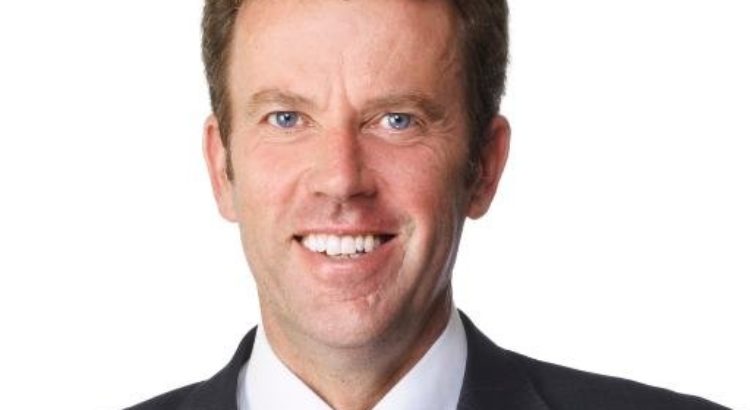
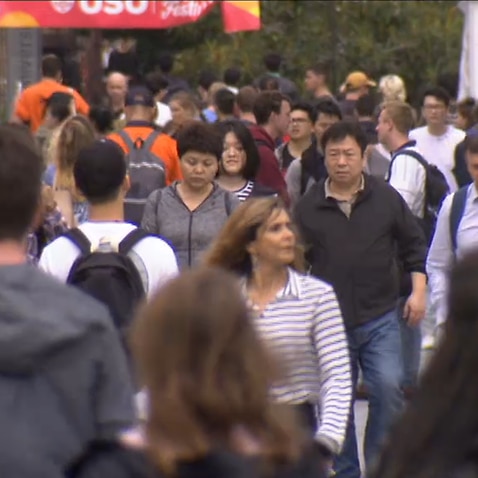
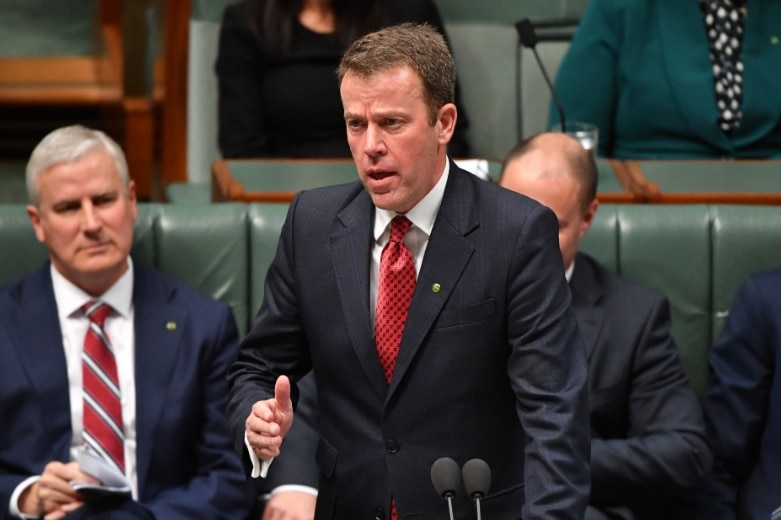
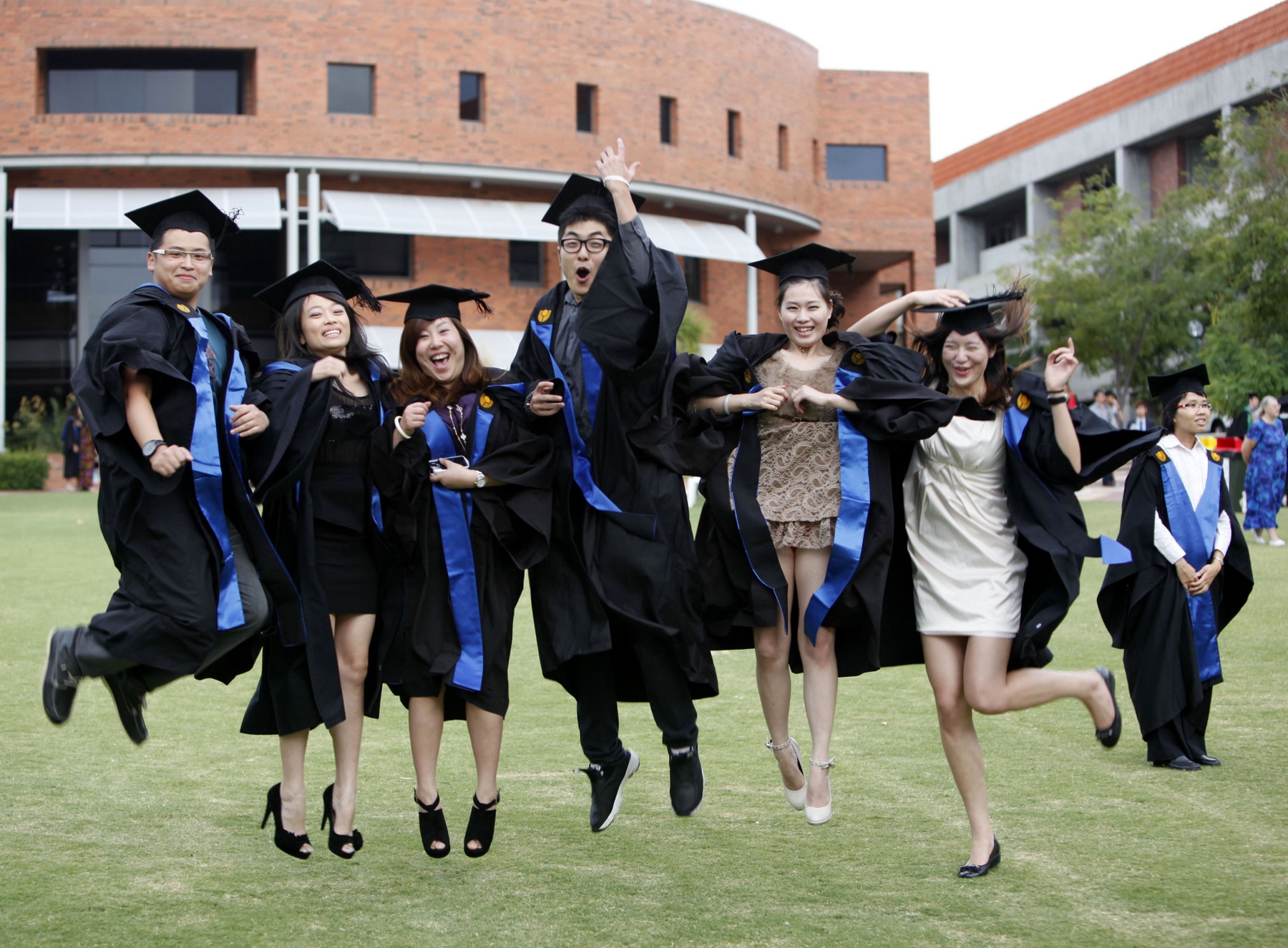

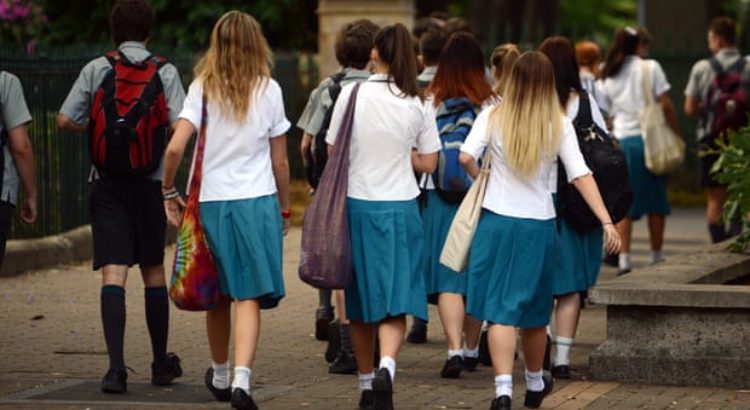

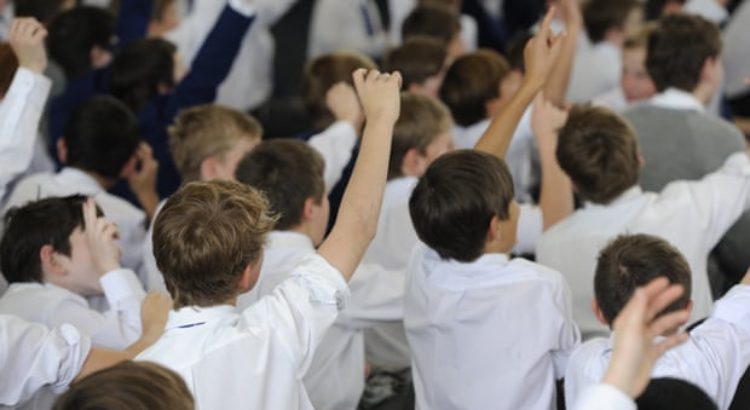
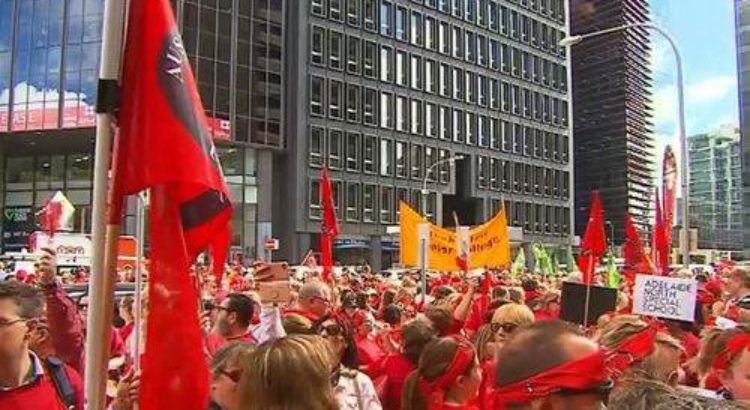







 Users Today : 3
Users Today : 3 Total Users : 35460134
Total Users : 35460134 Views Today : 5
Views Today : 5 Total views : 3418788
Total views : 3418788